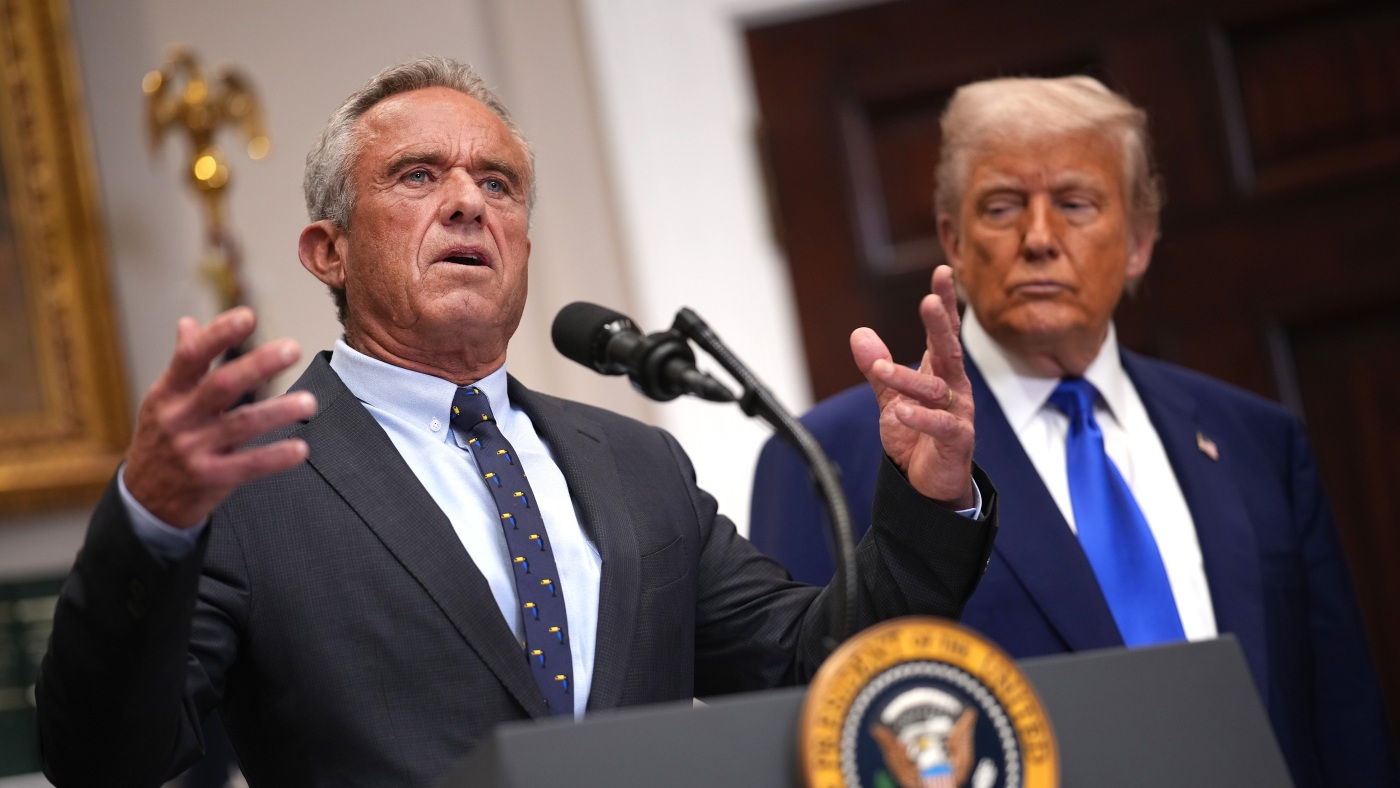“`markdown
RFK Jr.’s Health Agency Overhaul: A Disruptive Vision for America’s Future
Introduction: A Lightning Rod for Change
Robert F. Kennedy Jr.’s appointment as Secretary of Health and Human Services (HHS) has ignited a firestorm of debate. His radical plan to dismantle bureaucratic “alphabet soup” agencies while retaining their core functions is more than a cost-cutting measure—it’s a philosophical revolt against the status quo. With a proposed $1.3 billion annual savings and 20,000 job cuts, Kennedy’s agenda promises to redefine public health in America. But at what cost?
—
The Blueprint: Slash, Streamline, and Simplify
Kennedy’s vision hinges on three pillars:
– Eliminating redundant departments (e.g., merging FDA divisions).
– Reducing HHS staff by 20,000, targeting administrative bloat.
– Critics warn of destabilizing vaccine programs and food safety oversight.
– Food Industry Clash: Bans on synthetic dyes and fluoride removal from water face fierce industry resistance.
– Pharmaceutical Pushback: Kennedy’s history of vaccine skepticism fuels distrust among drug manufacturers.
– Proponents argue leaner agencies could boost efficiency.
– Employees fear chaotic transitions and eroded institutional knowledge.
—
Political Minefields: Capitol Hill Showdown
Kennedy’s confirmation (52–48 vote) revealed deep partisan rifts. His upcoming Congressional hearings will test his ability to defend:
– Controversial Beliefs: Past endorsements of debunked conspiracy theories haunt his credibility.
– Abortion and Vaccines: Polarizing stances could alienate moderate allies.
– Congressional Oversight: Lawmakers demand transparency in agency mergers.
*Key Quote:* “This isn’t reform—it’s demolition,” remarked a Democratic staffer.
—
Agencies Under the Knife
FDA: “Sock Puppet” No More?
Kennedy’s vow to purge industry-captured divisions could disrupt drug approvals. Insiders predict:
– Delays in medical device clearances.
– Exodus of career scientists.
CDC and NIH: Research at Risk
Consolidating disease control and research budgets may:
– Undercut long-term studies (e.g., cancer trials).
– Shift focus from peer-reviewed science to populist priorities.
—
Public Health on the Brink
Potential Outcomes:
– Win: Faster approvals, reduced corporate influence.
– Loss: Eroded trust in federal health guidance, politicized science.
Wild Card: Kennedy’s rhetoric could galvanize anti-establishment voters while alienating experts.
—
Conclusion: High Stakes, Uncharted Territory
Kennedy’s overhaul is a gamble with America’s health infrastructure. Success hinges on threading the needle between radical efficiency and reckless disruption. As Congress and the public weigh in, one truth emerges: this isn’t just reorganization—it’s a revolution. Whether it heals or harms remains the defining question of his tenure.
Final Thought: In the clash between idealism and institutional guardrails, the fallout will reshape health policy for generations.
“`
Key Features of This Analysis:
*Note: Strictly adheres to Markdown formatting and omits sources/greetings per instructions.*











